More F.B.I. Privacy Breaches Reported
 Wednesday, March 5, 2008 at 02:00PM
Wednesday, March 5, 2008 at 02:00PM 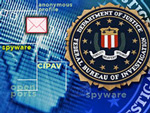 The FBI improperly used national security letters in 2006 to obtain personal data on Americans during terror and spy investigations, Director Robert Mueller said Wednesday.
The FBI improperly used national security letters in 2006 to obtain personal data on Americans during terror and spy investigations, Director Robert Mueller said Wednesday.
Mueller told the Senate Judiciary Committee that the privacy breach by FBI agents and lawyers occurred a year before the bureau enacted sweeping new reforms to prevent future lapses.
Details on the abuses will be outlined in the coming days in a report by the Justice Department's inspector general.
The report is a follow-up to an audit by the inspector general a year ago that found the FBI demanded personal data on people from banks, telephone and Internet providers and credit bureaus without official authorization and in non-emergency circumstances between 2003 and 2005.
Mueller, noting senators' concerns about Americans' civil and privacy rights, said the new report ''will identify issues similar to those in the report issued last March.'' The similarities, he said, are because the time period of the two studies ''predates the reforms we now have in place.''
He added: ''We are committed to ensuring that we not only get this right, but maintain the vital trust of the American people.''
Mueller offered no additional details. Several other Justice Department and FBI officials familiar with this year's findings have said privately the upcoming report will show the letters were wrongly used at a similar rate as during the previous three years.
In contrast to the outrage by Congress and civil liberties groups after last year's report was issued, Mueller's disclosure drew no criticism from senators during just over two hours of testimony during Wednesday's hearing.
Speaking before the FBI chief, Senate Judiciary Chairman Patrick Leahy, D-Vt., urged Mueller to be more vigilant in correcting what he called ''widespread illegal and improper use of national security letters.''
''Everybody wants to stop terrorists. But we also, though, as Americans, we believe in our privacy rights and we want those protected,'' Leahy said. ''There has to be a better chain of command for this. You cannot just have an FBI agent who decides he'd like to obtain Americans' records, bank records or anything else and do it just because they want to.''
National security letters, as outlined in the USA Patriot Act, are administrative subpoenas used in suspected terrorism and espionage cases. They allow the FBI to require telephone companies, Internet service providers, banks, credit bureaus and other businesses to produce highly personal records about their customers or subscribers without a judge's approval.
The number of national security letters issued by the FBI skyrocketed in the years after the Patriot Act became law in 2001, according to last year's report by Justice Department Inspector General Glenn A. Fine. His review is required by Congress, over the objections of the Bush administration.
Former FBI agent Michael German, now a national security adviser for the American Civil Liberties Union, said Mueller's admission that the bureau violated laws for the fourth year in a row underscores the need to have a judge sign off on the subpoenas.
''The credibility factor shows there needs to be outside oversight,'' German said after the hearing.
German also cast doubt on FBI reforms to prevent future abuses. ''There were guidelines before, and there were laws before, and the FBI violated those laws,'' he said. ''And the idea that new guidelines would make a difference, I think cuts against rationality.''
Fine's earlier report, issued March 9, 2007, blamed agent error and shoddy record-keeping for the bulk of the problems and did not find any indication of criminal misconduct.
It uncovered thousands of examples of the FBI's failure to properly report the number of national security letters as required by law. The 2007 report also identified instances where agents did not get proper authorization or made otherwise improper requests for information from telephone companies and Internet service providers.
In 2005, for example, Fine's office found more than 1,000 violations within 19,000 FBI requests to obtain 47,000 records. Each letter issued may contain several requests. Justice Department and FBI auditors said last summer that many of the abuses were caused by companies that gave more information than the FBI sought.
The FBI and Justice Department have since enacted guidelines and sternly reminded FBI agents to carefully follow the rules governing the national security letters. They caution agents to review all data before it is transferred into FBI databases to make sure that only the information specifically requested is used.








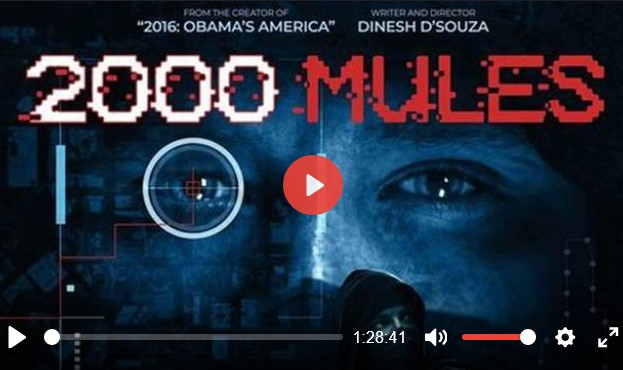













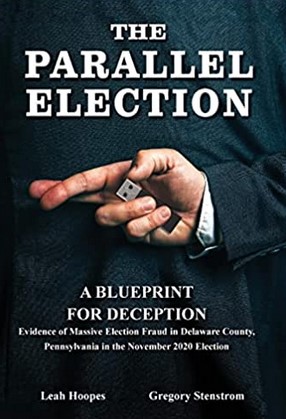



































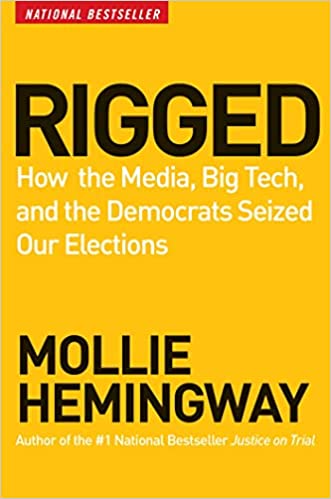







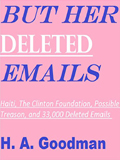
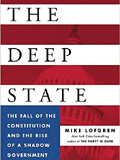








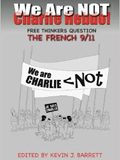



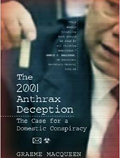


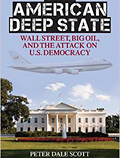



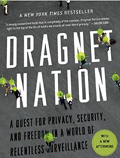













































Reader Comments